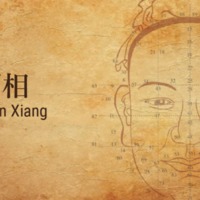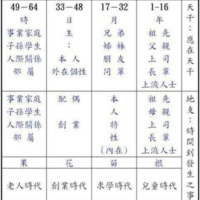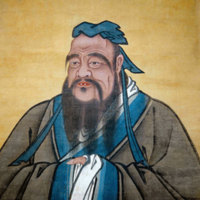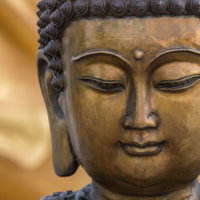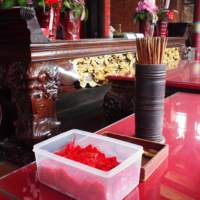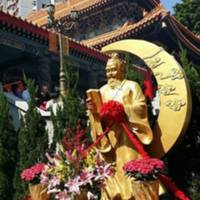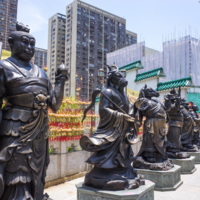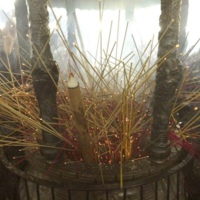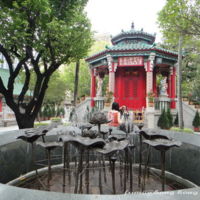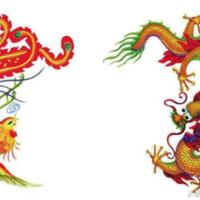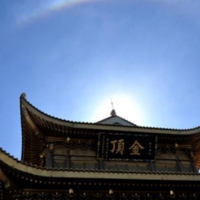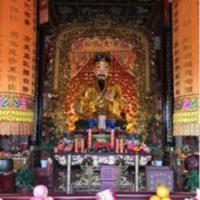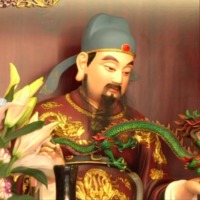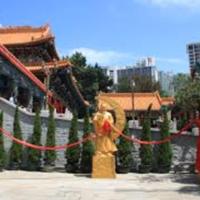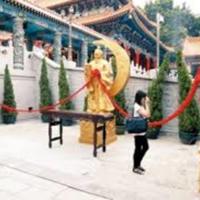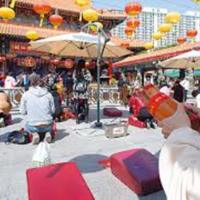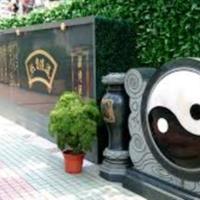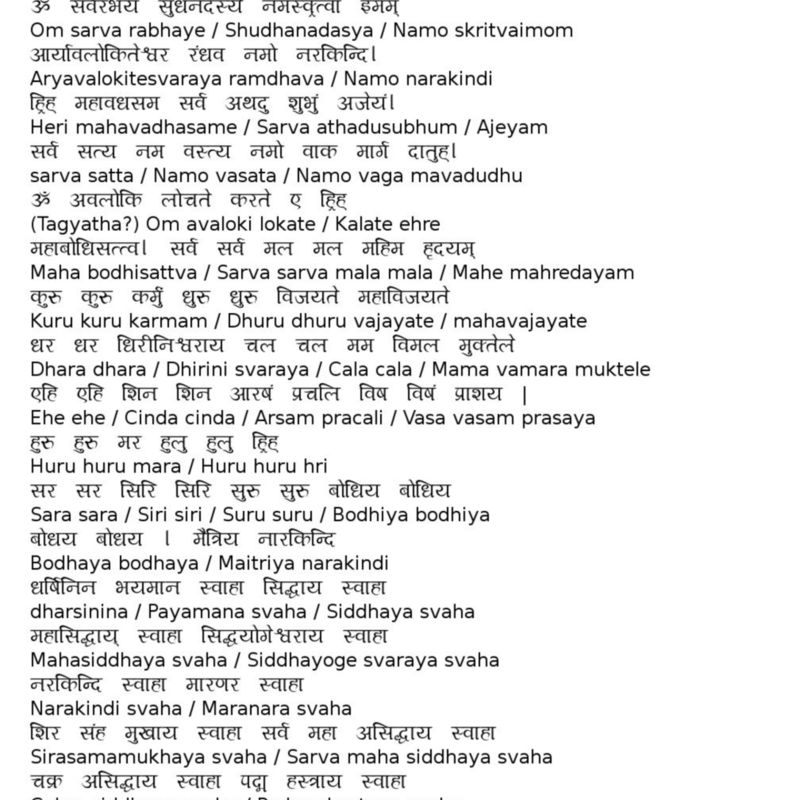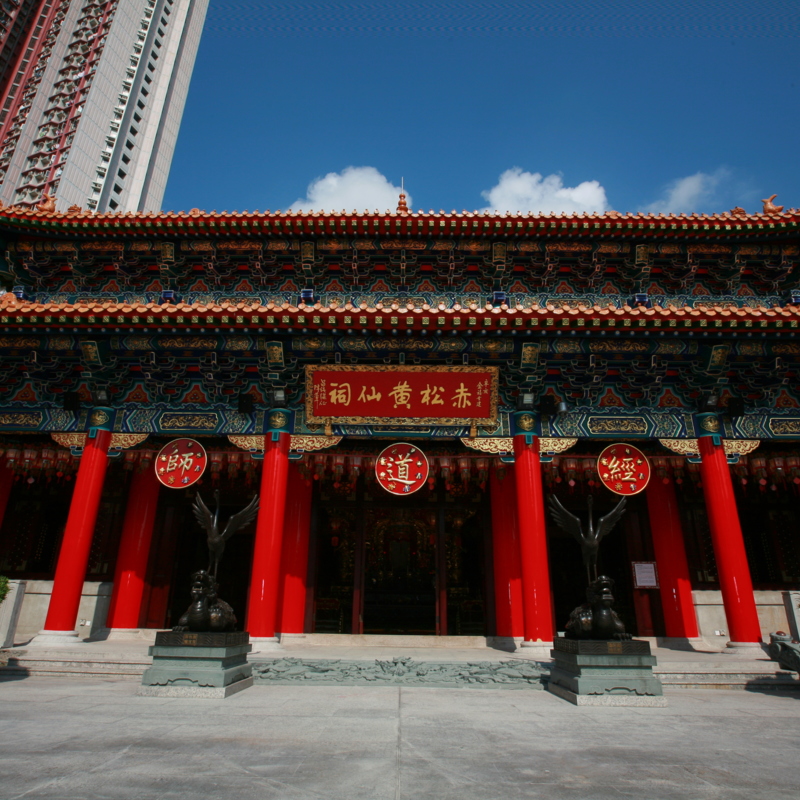Chinese Temple-Wong Tai Sin
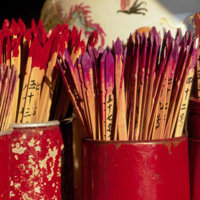
Kau Cim, Kau Chim or Lottery poetry is a fortune telling practice that originated in China in which the querent (person asking the question) requests answers from a sacred oracle lot.
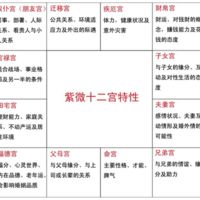
Zi Wei Dou Shu (Purple Star Astrology) is a form of fortune-telling in Chinese culture. It remains one of the most well-respected processes for laying out "The Destiny Path" or "Fate"

Chinese palm-reading analyzes the positioning of palm lines for love, personality, and other traits. It somewhat resembles Western palmistry in technique.
Activities and Services in Wong Tai Sin temple
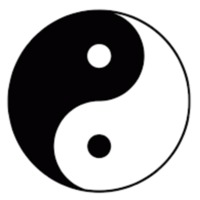
Taoism is a religious or philosophical tradition of Chinese origin which emphasizes living in harmony with the Tao
Different religions in Wong Tai Sin Temple
Physical objects in Wong Tai Sin
Architectural Styles in WTS
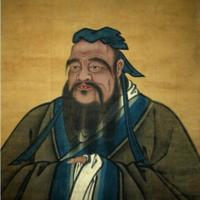
Confucius was a Chinese teacher, editor, politician, and philosopher of the Spring and Autumn period of Chinese history
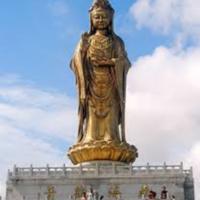
Guanyin refers to the Buddhist bodhisattva associated with compassion and venerated chiefly by followers of Mahayana Buddhist schools as practiced in the sinosphere
Deities in WTS
The way of worship of different deities
